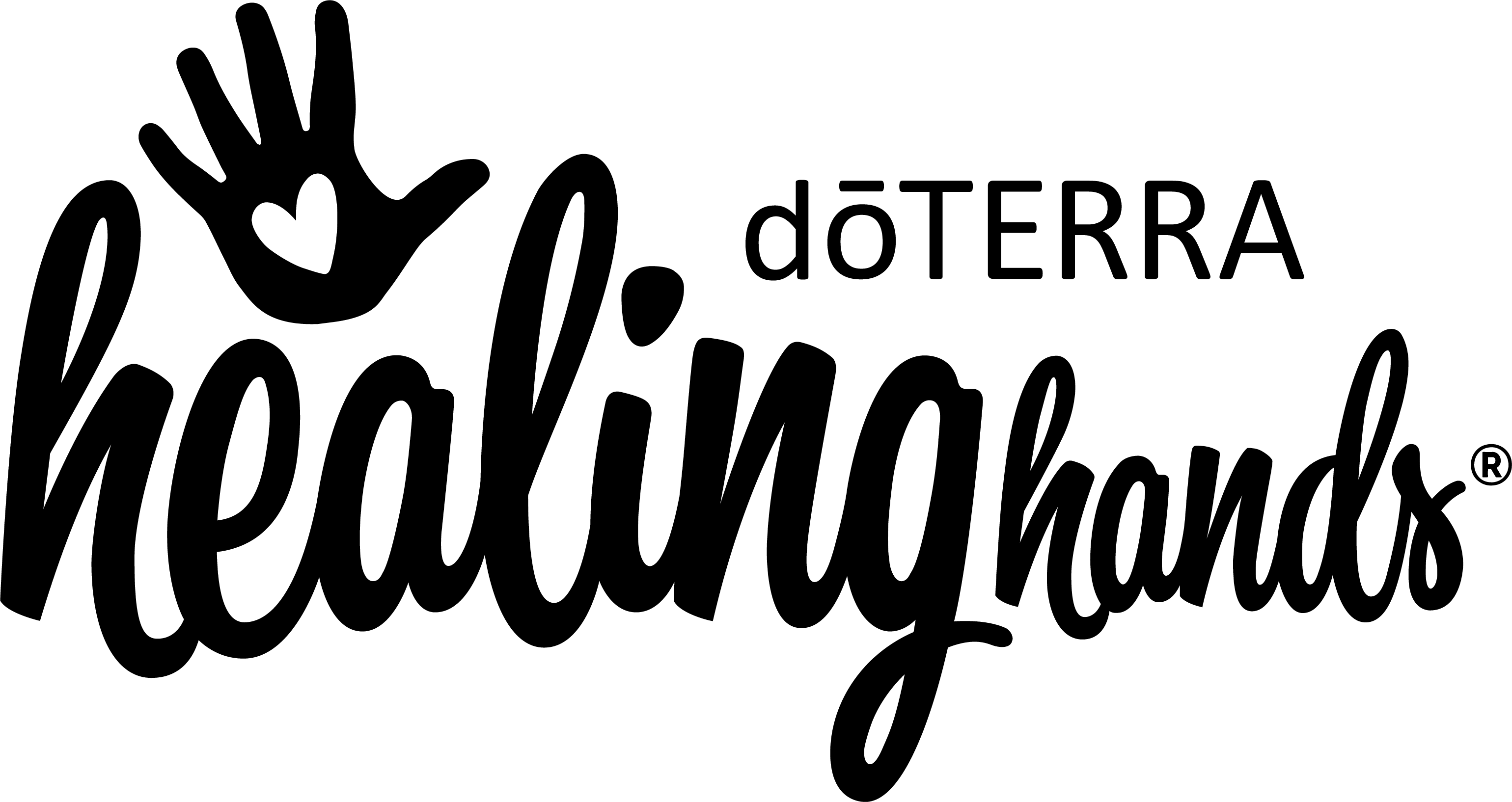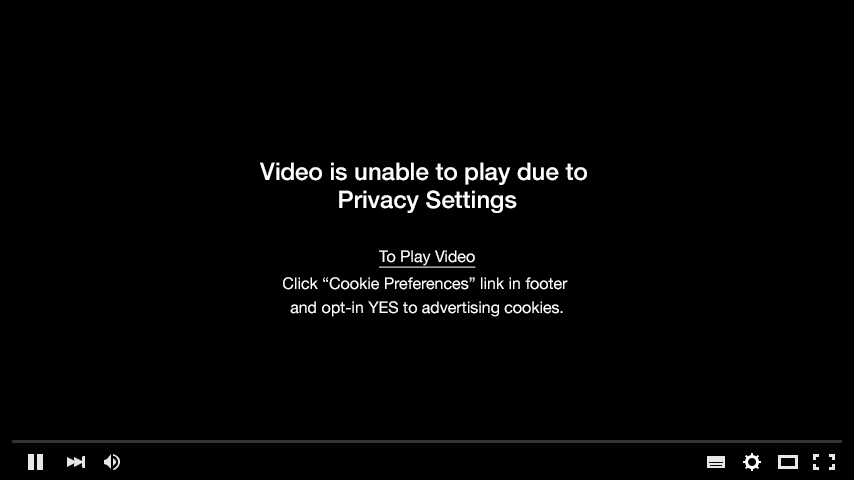Supporting Children
As rising generations prepare to lead the future, many children find themselves in less than desirable situations without responsible care-givers, adequate medical care, or lacking access to education. From helping children combat disease to supporting orphanages and building schools in remote areas, the doTERRA Healing Hands Foundation strives to empower the children of today who will be the leaders of tomorrow.

Did You Know?
-
High quality early childhood care and education can improve a child’s chance for success later in their life.
-
About 17% of children, aged 3–17 years have a developmental disability. From a 2009-2017 study period as reported by parents, the disabilities include autism, attention-deficit/hyperactivity disorder, blindness, cerebral palsy, and others.
-
Stable, caring, interactive relationships with adults will benefit healthy brain development of young children.
- More than 1 in 3 children regularly use the internet.
Sources:
UNICEF: https://www.unicef.org/research-and-reports
WHO: https://www.who.int/maternal_child_adolescent/topics/child/development/10facts/en/
What Can I Do?
There are so many ways you can help support children both in your community and globally. The following resources will provide ways to increase your knowledge and awareness of children’s issues, along with some ideas on how to engage with them.
Educate yourself.
The more you know and are aware about the challenges and opportunities supporting children, the better able you are to offer assistance. Increase your knowledge with these resources as a starting point:
-
Everyday Strong is a program created by United Way. The Everyday Strong Resilience Handbook offers a new approach to anxiety and depression by explaining the pillars of emotional health for children. For parents and teachers, this handbook and videos offer ways to recognize and encourage children and keep them safe.
-
Emotional Super Powers is a book by Rachelle Castor and Pam Robison is a tool that will empower a child to use his/her emotions wisely.
-
Web and Internet Safety. The Internet Crimes Against Children Task Force (ICAC), a multi-jurisdictional task force in Utah that investigates and prosecutes individuals who use the Internet to exploit children, has an excellent resource for parents about keeping their kids save on the internet
- Many kids are facing instances of bullying and cyberbullying. Read up more about this issue and tips on how to deal with a bully and overcome bullying HERE.
Volunteer in your community.
Give back to your community - and the world - by strengthening the next generation of leaders.
-
Be a mentor. After school programs are a wonderful place to help mentor and be an adult role model for children. Examples include Boys and Girls Clubs of America, neighborhood youth clubs, 4-H, and local Boy or Girl Scouting programs.
-
Share your hobbies. Let your interests drive your volunteer work with kids. Are you a math wiz or grammar guru? Become a volunteer tutor in a subject you are passionate about such as a reading program. Do you like art? Become a docent in a children’s museum. Enjoy watching and playing sports? Become a coach for a youth sports league or Special Olympics team.
-
Host a kid-friendly event. Organize a bike rodeo where kids learn bike safety, a healthy living kids fair, a book drive, or community clean-up day (Check out this time lapse video of what a “trashmob” from Zero Litter in Baltimore accomplished in 30 minutes!)
-
Get your children involved. A good place to find volunteer resources for kids is through the United Way (This link takes you to the U.S. site; if you are outside of the U.S., search online for your country’s United Way chapter on this site).
- Give of your time, talents, or resources to established organizations that help children, especially at-risk children, so they can grow and become healthy and productive. Donation ideas for your community:
-
Make “Birthday Boxes” with a cake mix, frosting, candles, and toys placed in a decorated box for a food pantry
-
Make sack lunches for women’s or homeless shelters and have your children help by drawing colorful pictures on the sacks
-
Donate children’s books to a local shelter, school or library
-
Give used baby, toddler, or kids toys to nonprofits who serve those in need
- Assemble and deliver after-school snack packs to at-risk kids in your community
Hold a fundraiser.
Pick a cause you are passionate about and raise money for its programs. For example, a scholarship for children’s education. The Kwale Student Scholarship Fund helps children in rural Kenya continue their schooling as most kids drop out after elementary school because their family lacks the resources to keep them in school (donations to this campaign are matched by the doTERRA Healing Hands Foundation).
Participate in a project.
You may consider participating in The Match Program or donating to a Wellness Advocate matching project supporting children. Search for one HERE.

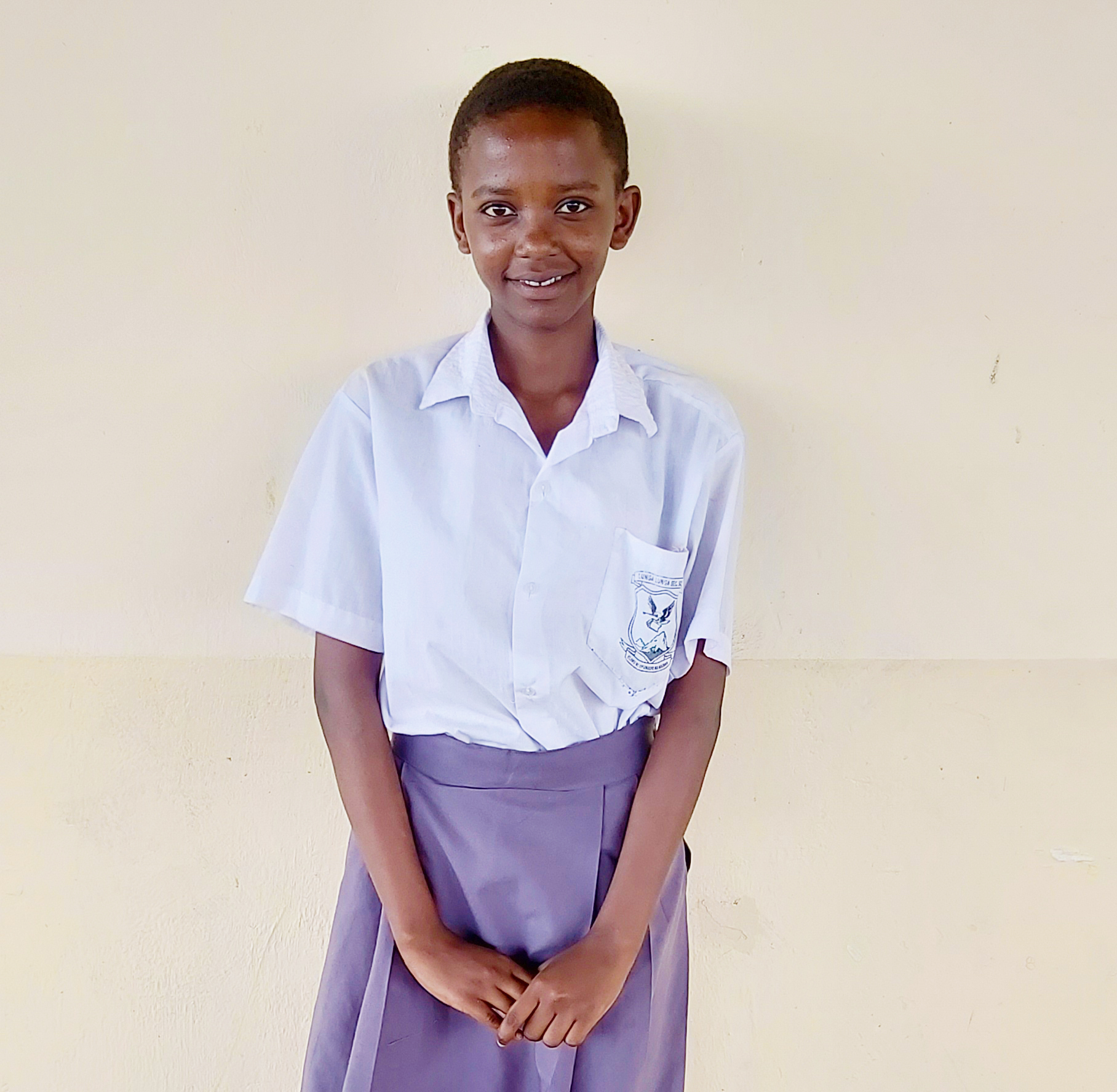
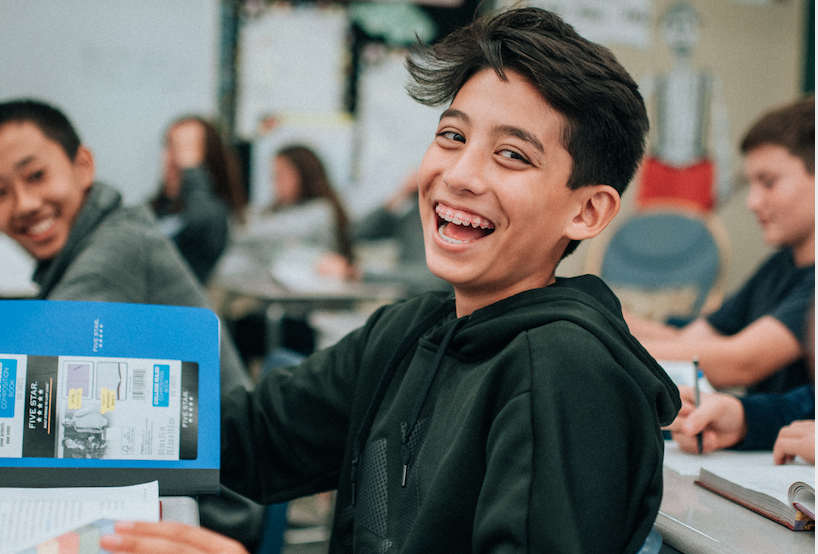
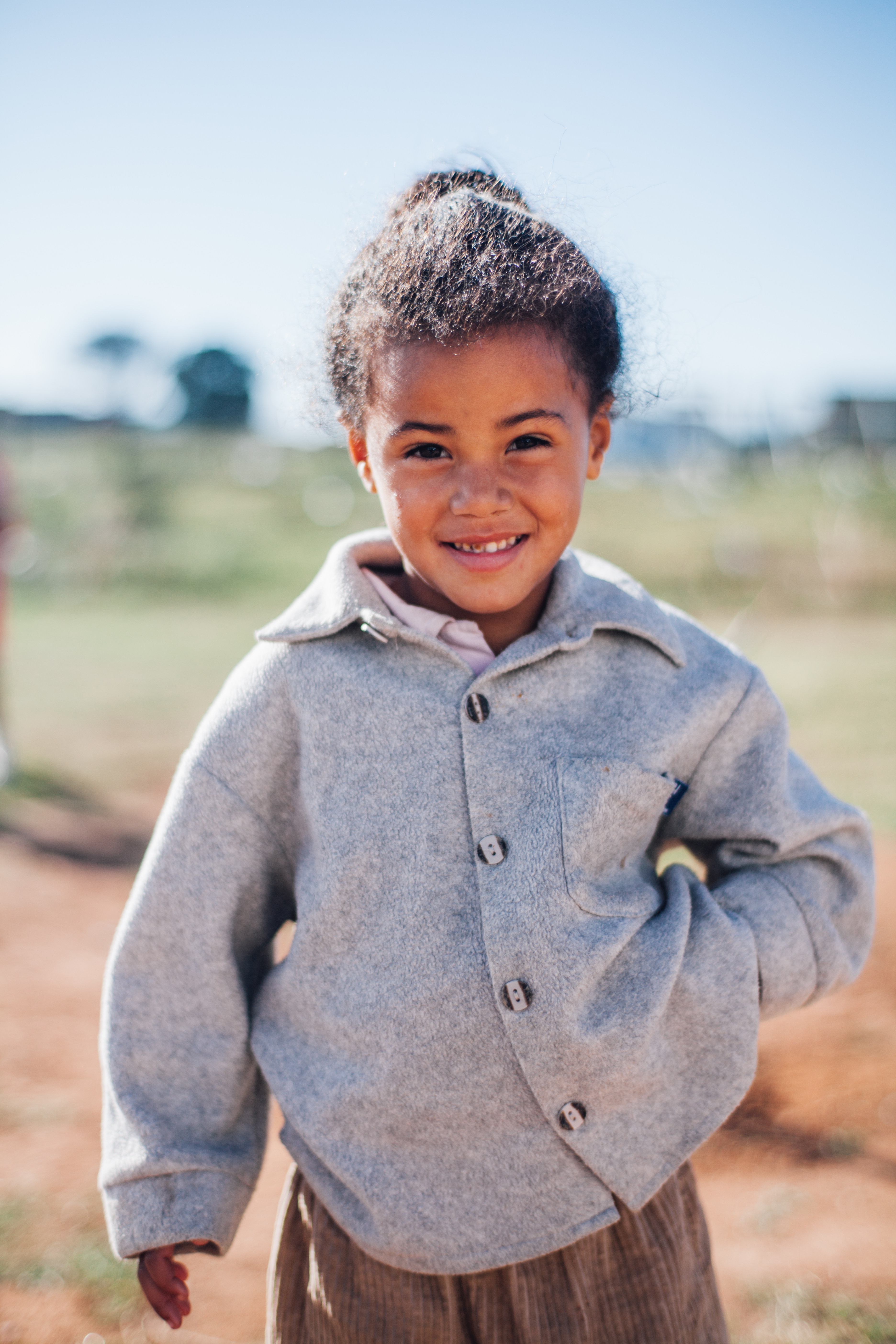
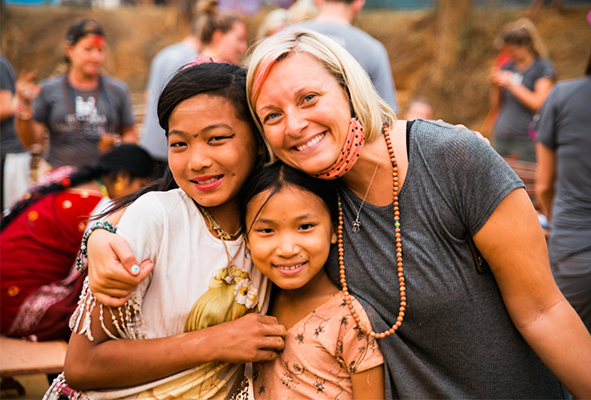

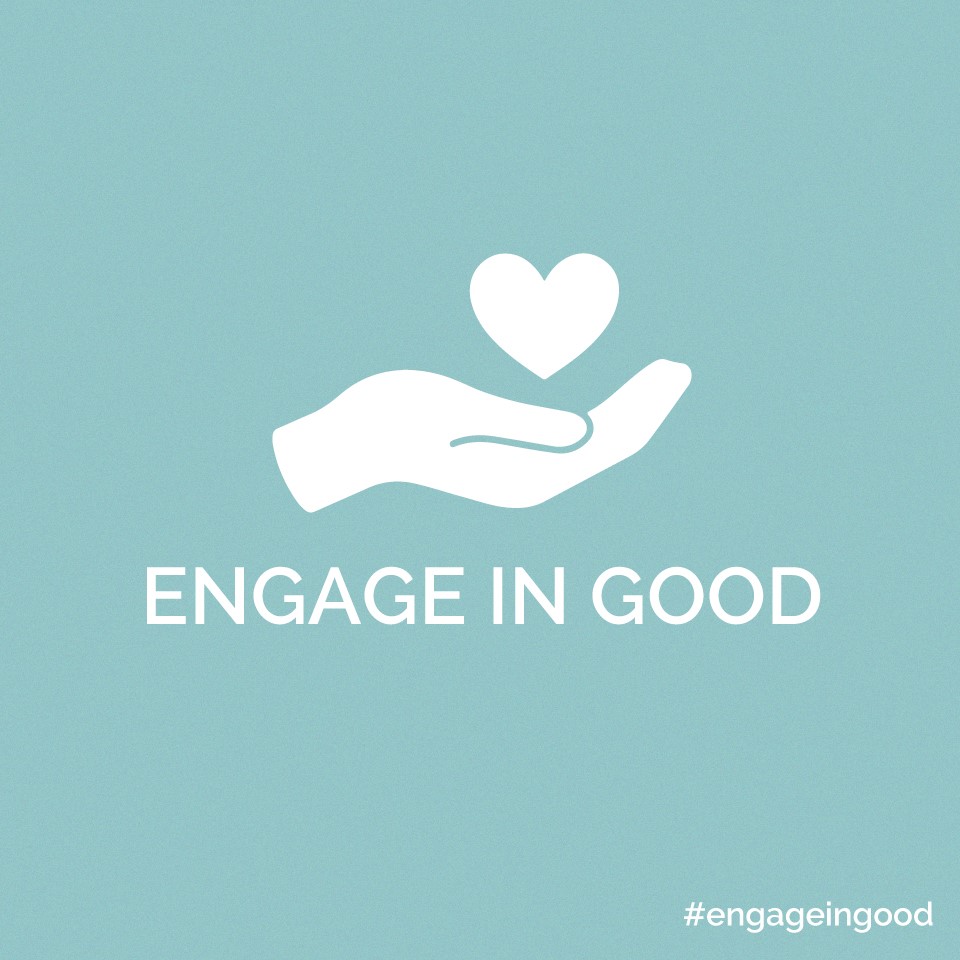
Join the dHHF Team!
Share what you’ve learned or a way you have taken action on social media. Make sure to include #EngageInGood on your post.

